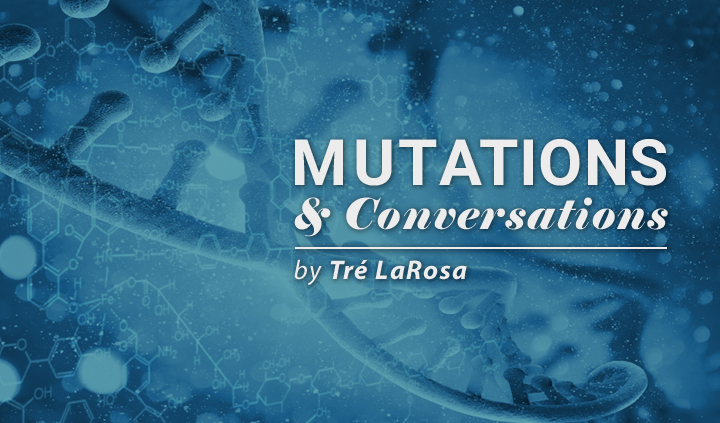Preventing the Spread of Misinformation
Written by |

A few weeks ago, an article with the headline, “Vertex sinks on reports of deaths of patients taking cystic fibrosis drug,” circulated online.
The medication in question was Symdeko (tezacaftor/ivacaftor). I saw that the article was being shared among my many friends with cystic fibrosis (CF) and within Facebook groups. Most posted it to inform others, but I also noticed that some interpreted the article to mean that Symdeko was actually killing patients.
These types of headlines trigger my fight-or-flight response. I realize that with most of the world online, when misleading headlines like this one start gaining traction, they can move the needle on public opinion.
By the time of publication, Vertex’s stock price had already recovered from the initial — and irrational — hit. But what the headline had failed to convey was that no deaths were directly attributed to Symdeko. The “deaths” referred to were those logged in the database of side effects held by the U.S. Food and Drug Administration (FDA).
Here’s the kicker: All deaths of patients while on any medication are listed in that database. If you look up any CF medication in the database — albuterol, azithromycin, colistin, Creon (pancrelipase), or whatever else — you will find statistics on mortality rates, because the reality is that people die. And legislation requires that deaths related to medications be listed in that database.
However, the damage had been done. Even after being presented with the facts, some people chose to believe that Symdeko was responsible for the deaths. Understandably, some parents were alarmed because their kids had just started taking Symdeko. In those cases, even when armed with the facts, it can be hard to rail against the impulse to consider that maybe that (mis)information is accurate.
If the implicit claims behind the headline were true — that patients with CF were dying due to Symdeko — it could delay the FDA approval process for the upcoming triple combination therapy, which comprises the two compounds that make up Symdeko and a third compound. Or worse, it could prevent the potentially groundbreaking therapy from being approved altogether.
I’ve worked in a CF lab for nearly three and a half years, so my career is predicated on my ability to understand the science behind these types of things. My background in science has influenced the way I approach these issues. The pursuit of information and the distillation of the truth inspires me to write. I take my role as a scientist very seriously; the responsibility is greater than a mere day job. So, when I see articles like the one above, I try to stifle it.
The headline was misleading. When it’s combined with the likelihood that many people sharing articles on Facebook aren’t subjecting them to in-depth analysis, misinformation can spread like wildfire. A cool — if scary — fact is that misinformation spreads like a virus. An article on Temple University’s website explains that “though fact-checking and corrections exist, misinformation has also been shown to spread much faster and wider than the truth … and be very difficult to eliminate from people’s minds, even after being debunked.”
Can we combat this misinformation and disinformation? The optimist in me says yes. The cynic says partially. We can read, share, educate, and work against the online misinformation machine that is social media (it can be good, too). But we can only do so much. That’s been one of the hardest things for me to learn. Powerlessness is a terrifying thing, and it hurts me when I see people choose not to get vaccinated because they believe vaccines are harmful.
I believe in science, advocacy, writing, and continued education. I write to try to counter that disinformation precisely because my inner optimist defeats the cynic. If somebody shares an article that contains a misunderstanding or inaccuracy, I will gently educate them on the misinformation, hoping that maybe that correct message will spread in a similar way. Bad begets bad, but maybe good begets good. At least that’s what I hope.
Follow along with my other writings on my humbly named site, www.trelarosa.com.
***
Note: Cystic Fibrosis News Today is strictly a news and information website about the disease. It does not provide medical advice, diagnosis, or treatment. This content is not intended to be a substitute for professional medical advice, diagnosis, or treatment. Always seek the advice of your physician or other qualified health provider with any questions you may have regarding a medical condition. Never disregard professional medical advice or delay in seeking it because of something you have read on this website. The opinions expressed in this column are not those of Cystic Fibrosis News Today, or its parent company, Bionews Services, and are intended to spark discussion about issues pertaining to cystic fibrosis.







Leave a comment
Fill in the required fields to post. Your email address will not be published.